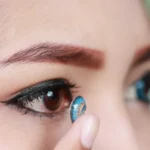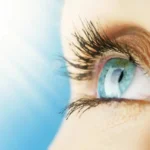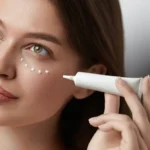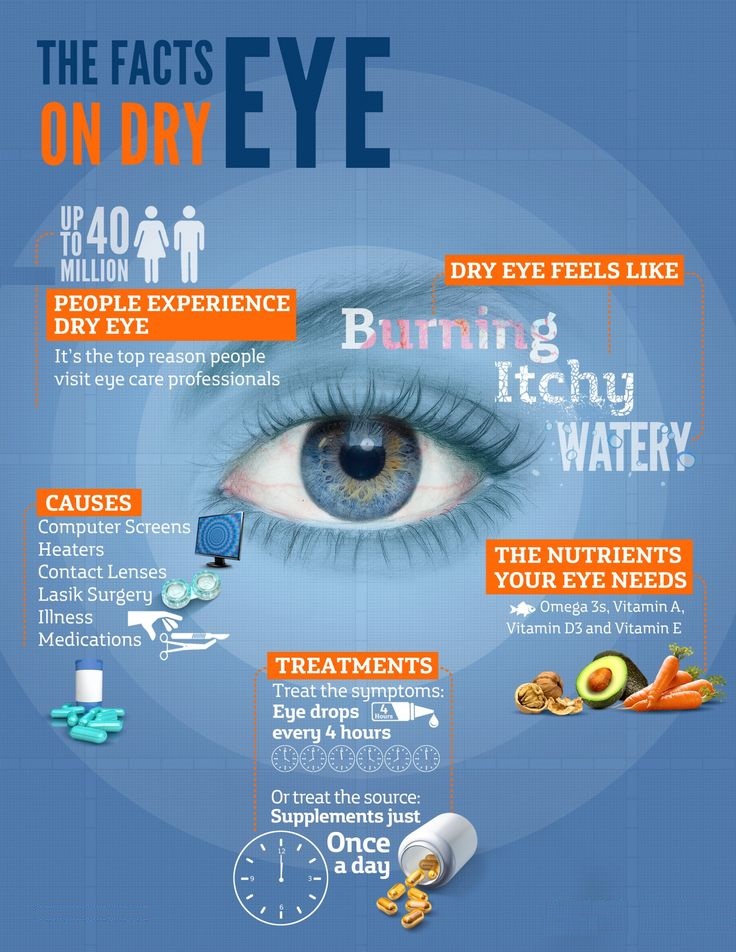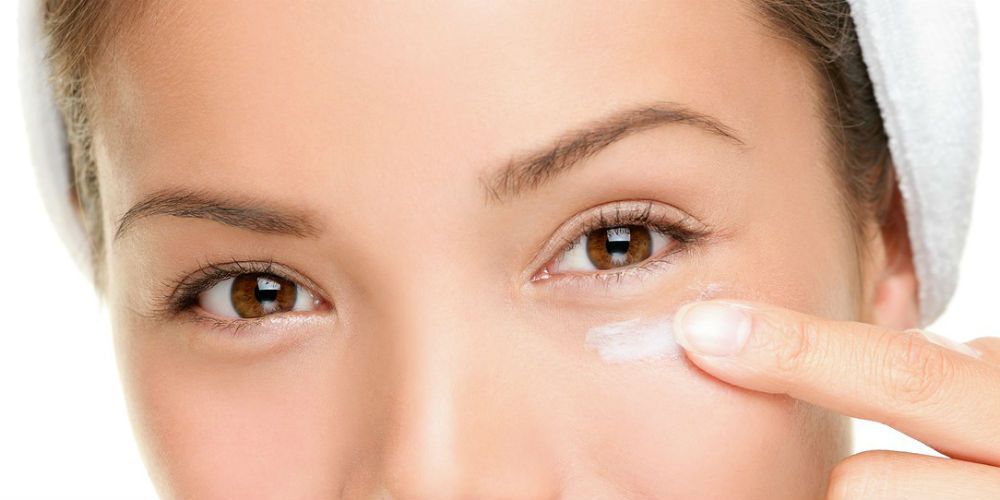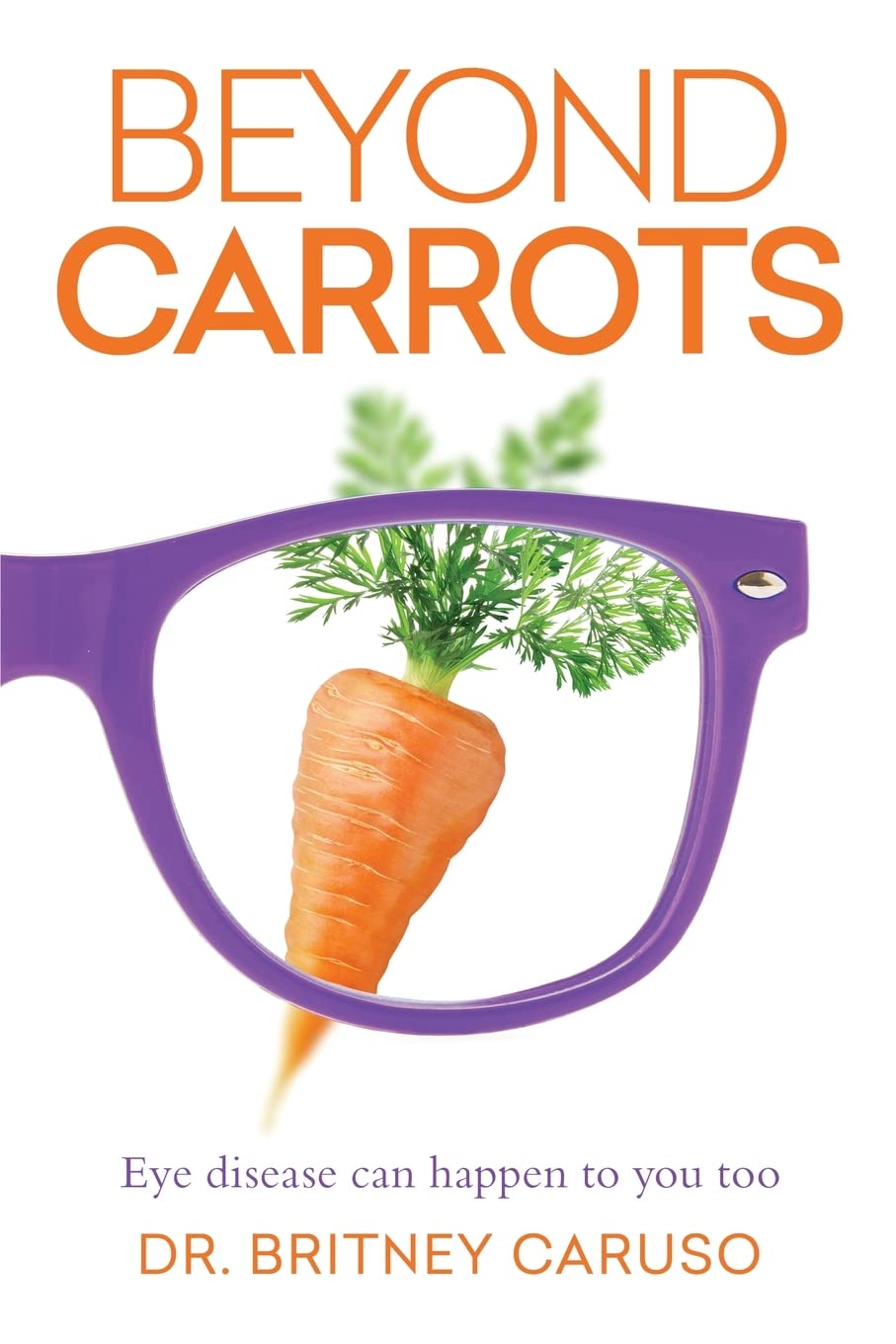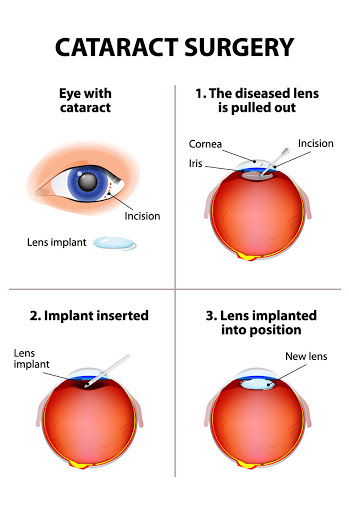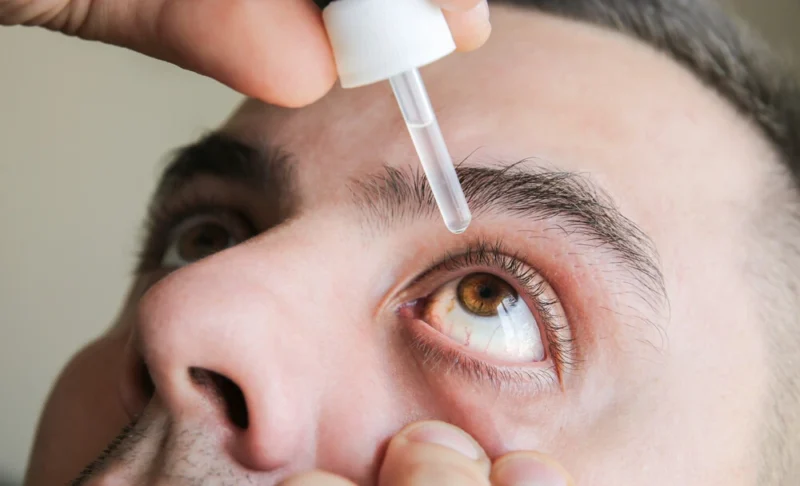
Content
Introduction: How to Make Eye Dilation Go Away Faster
Eye dilation, commonly performed during eye exams to allow your optometrist a better view of your retina, can cause temporary blurred vision and light sensitivity. Unfortunately, there is no way to reverse dilation immediately, but there are steps you can take to make the effects go away faster. These include using certain eye drops, protecting your eyes from bright light, and staying hydrated. Understanding how to manage these effects can help you recover more quickly and comfortably after your eye exam.
What Causes Eye Dilation and How Long Does It Last?
- Understanding the Purpose of Eye Dilation
- Why Dilation Is Necessary: Dilation enlarges the pupil to give your eye doctor a better view of the retina, optic nerve, and other structures at the back of the eye.
- Commonly Used Dilating Drops: Tropicamide and phenylephrine are the most commonly used drops, which typically take about 20-30 minutes to fully dilate the eyes.
- How Long Does Dilation Last?
- Duration of Effects: The effects of dilation can last anywhere from 4 to 6 hours, though in some cases, it can last up to 24 hours, depending on the type of drops used and individual sensitivity.
- Factors Influencing Dilation Duration: Eye color (lighter eyes may remain dilated longer), age, and the specific drops used can all affect how long your eyes stay dilated.
Immediate Steps to Alleviate Eye Dilation
- Use Sunglasses to Protect Your Eyes
- Why Sunglasses Are Important: Dilation makes your eyes more sensitive to light, so wearing sunglasses both indoors and outdoors can help reduce discomfort.
- Choosing the Right Sunglasses: Opt for sunglasses with UV protection and polarized lenses to minimize glare and further protect your eyes.
- Stay in Dimly Lit Environments
- Reducing Light Exposure: Staying in a dimly lit room can help reduce the discomfort caused by sensitivity to light.
- Avoid Bright Screens: Limit the use of electronic devices with bright screens, as they can exacerbate the effects of dilation.
- Avoid Straining Your Eyes
- Limit Close-Up Work: Activities that require focusing on small details, like reading or using a computer, can be challenging and uncomfortable.
- Rest Your Eyes: Take frequent breaks to rest your eyes if you need to work or read.
Natural Remedies to Help Eye Dilation Go Away Faster
- Stay Hydrated
- Importance of Hydration: Drinking plenty of water can help flush out the dilating drops from your system more quickly.
- Foods with High Water Content: Consuming fruits and vegetables with high water content, such as cucumbers and watermelon, can also aid in hydration.
- Use Eye Drops to Reduce Discomfort
- Artificial Tears: Lubricating eye drops can help alleviate dryness and discomfort associated with dilation.
- Ask About Reversal Drops: Some doctors may use a medication called Rev-Eyes (dapiprazole) to reverse dilation, though it’s not commonly available and may not be offered by all eye care providers.
- Massage Your Temples and Forehead
- Gentle Massage: Lightly massaging your temples and forehead can help relax the muscles around your eyes, which might provide some relief from the discomfort associated with dilation.
Can You Make Eye Dilation Go Away Faster? Myths and Facts
- Myth: Blink Rapidly to Reverse Dilation
- Fact: Blinking does not speed up the process of dilation reversal. It’s best to allow time for the effects to wear off naturally.
- Myth: Drinking Caffeine Will Speed Up Dilation Recovery
- Fact: There is no evidence that caffeine can reduce dilation time. Staying hydrated and resting your eyes are more effective approaches.
- Fact: Some People Naturally Recover Faster
- Individual Variability: Factors like eye color and age play a role in how quickly your eyes return to normal, and some individuals may naturally experience quicker recovery times.
When to Seek Professional Help
- Prolonged Dilation Effects
- When to Be Concerned: If your eyes remain dilated for more than 24 hours, or if you experience severe pain or vision changes, it’s important to contact your eye care professional.
- Potential Underlying Issues: Prolonged dilation could indicate an adverse reaction to the drops or an underlying eye condition that needs to be addressed.
- Experiencing Severe Discomfort
- Managing Pain and Sensitivity: While some discomfort is normal, severe pain is not. Your doctor can provide guidance or treatment if you experience significant discomfort.
- Discussing Alternatives for Future Exams
- Non-Dilating Exams: In some cases, alternative methods, such as digital retinal imaging, may be available and can provide a detailed view of the retina without the need for dilation.
- Lower Dose Drops: Ask your eye doctor if using a lower concentration of dilating drops is an option for you.
Conclusion: Managing and Minimizing the Effects of Eye Dilation
While there is no instant solution to reverse eye dilation, taking proactive steps can help reduce discomfort and shorten the recovery period. Protecting your eyes from bright light, staying hydrated, and using soothing eye drops are effective ways to manage the effects. If you have concerns about the duration or severity of your dilation symptoms, consult your eye care professional. By understanding how to care for your eyes after dilation, you can ensure a more comfortable and quicker recovery.
Common Questions About Eye Dilation and Recovery
How Long Does It Take for Eye Dilation to Wear Off Completely?
The effects of dilation usually wear off within 4 to 6 hours, but in some cases, it can take up to 24 hours. Factors like the type of drops used and individual sensitivity influence the duration.
Can I Drive After My Eyes Have Been Dilated?
It is generally advised not to drive immediately after your eyes have been dilated, as your vision may be impaired. If you must drive, wait until your vision has significantly improved and wear sunglasses to reduce glare.
Are There Any Risks Associated with Eye Dilation?
Eye dilation is a safe and common procedure, but some people may experience prolonged effects or discomfort. If you experience any unusual symptoms, contact your eye care provider.

Alina Smith is a health blog author with an interest in the intersection of wellness and mental health. She’s worked as a writer, editor, and communications specialist for various healthcare organizations. Alina has also led projects to improve access to care for underserved populations in both rural and urban settings.

